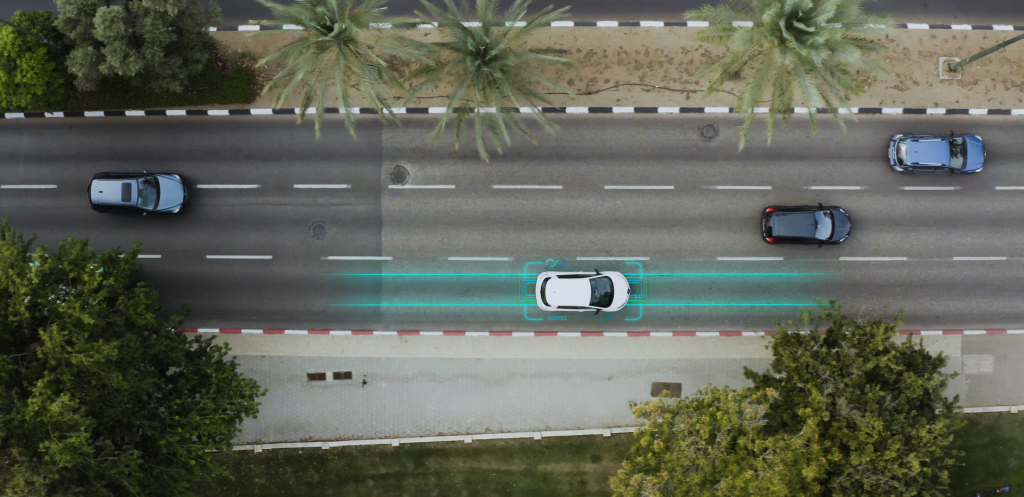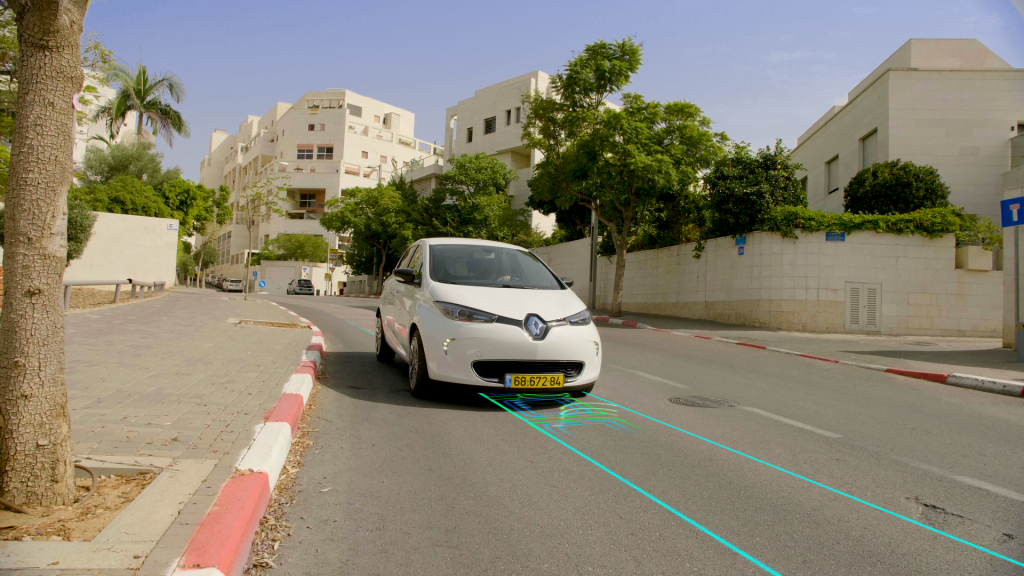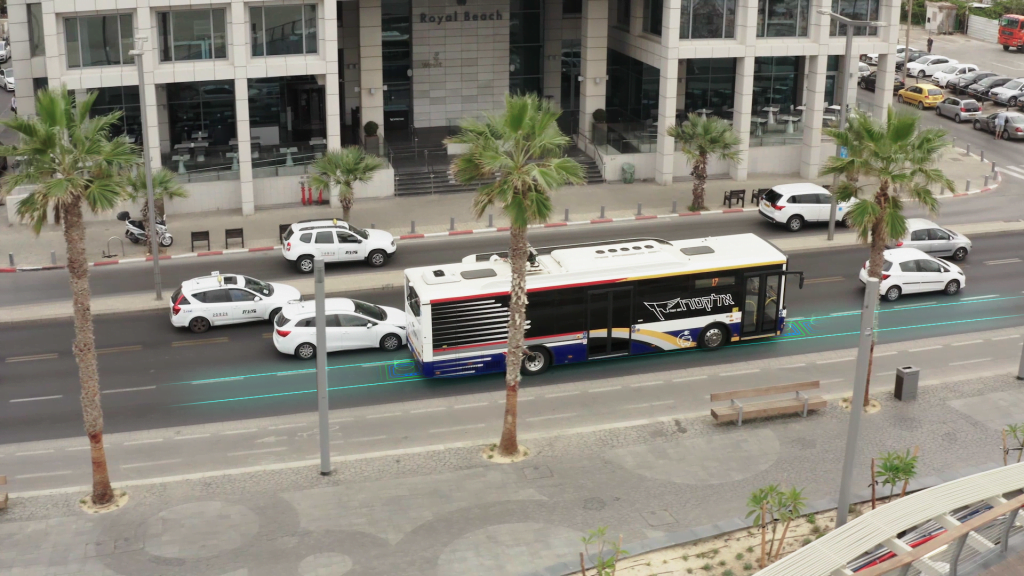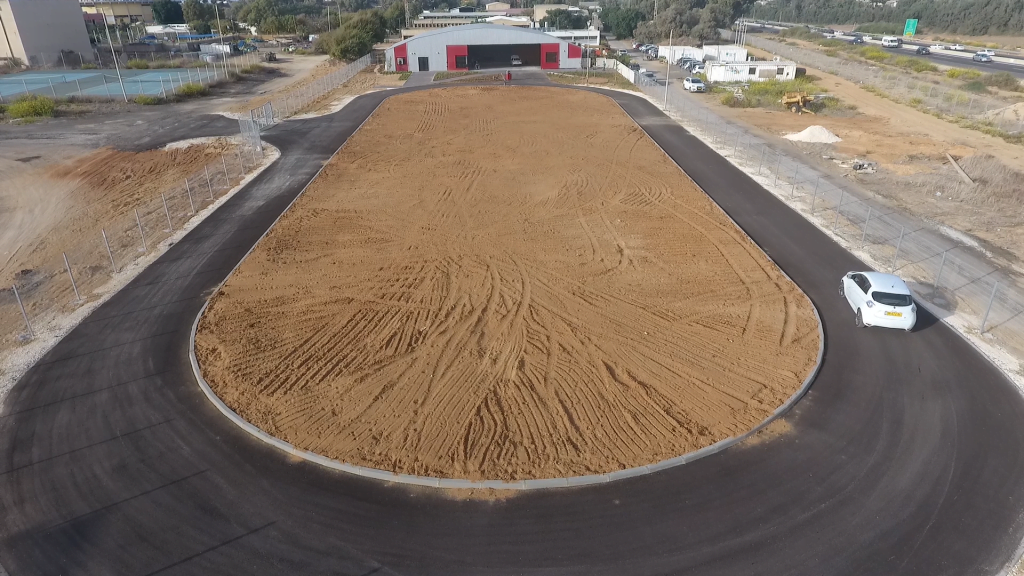The future of mobility is in technological innovations in the fields of electrification, sharing models, and autonomous fleets, according to mobility experts.
The transportation industry has seen major disruption over the past decade and will continue to evolve in line with social, economic and tech trends. The effects of shared mobility-focused companies like Uber, Lyft, Via, Lime, and Bird are already deeply felt in cities across the world, and autonomous vehicles are well on their way to becoming a reality in the near future with Israeli companies like Mobileye leading the charge.
Meanwhile, the electric vehicle (EV) market – both hybrid and electric-battery – is still relatively small (just over two million units sold in 2018), and the two main challenges it faces are cost and logistics. Battery packs are cumbersome and expensive, even as costs are falling, and charging infrastructure requires major investment.
There’s no better example than Israel’s Better Place which roared onto the world stage in 2007, capturing everyone’s imagination with its vision for the mass adoption of electric cars and a move away from fossil fuels.
In its six-year history, Better Place raised some $1 billion in venture capital before folding in 2013, having sold just 1,300 vehicles. The reasons for the failure vary, but they include mismanagement and a complex operations model that just didn’t really take off. It sold a single car model (Renault) and leased batteries through a network of charging and swapping stations and “mileage” in an effort to reduce cost.
Founded the same year as Better Place’s collapse, the Israeli startup ElectReon Wireless sought to enter the EV market from a different perspective: with technology that can charge electric vehicles while in full motion over smart roads.
The startup’s unique vision would transform public infrastructure into a source of advanced energy, with the aim of reducing oil dependence, charging stations and the need for large and expensive batteries.
Through these smart roads, electric vehicles would receive continuous power while being driven, instead of carrying heavy batteries with a limited driving range and a short lifespan.
“The technology is based on inductive transmission of electricity – a well-known principle discovered by Nicolas Tesla in the early 90s,” says Noam Ilan, an expert in cleantech and mobility technologies, and VP of Business Development at ElectReon.
The smart road is created by placing unique copper coils under the pavement, which then transmit wireless energy through magnetic fields to a receiver located under the vehicle’s chassis. In this way, electric vehicles can charge as they stay in transit, he tells NoCamels.
This method would not only do away with the time spent in stationary charging points – which can range between less than half an hour and overnight – but would also extend driving ranges and would allow for the use smaller capacity batteries.
“The whole operation of charging is very complicated,” Ilan explains, “Sometimes you need two electric buses for every diesel bus because of the charging operation, and if it’s fast-charging, it is very heavy on the grid, which is also bad for the battery.”
“The [ElectReon] infrastructure is entirely under the pavement,” says Ilan. “Every 100 meters of infrastructure, there is a management unit on the side of the road located under the sidewalk, which is connected to the grid and controls the whole system.”
The idea is to reduce air pollution, the number of charging stations within the city, and contribute to better use of valuable land resources.
The vehicles will be also able to drive in non-electrified routes, as they will be equipped with minimal size, cheaper and lighter battery, which allows more space for passengers and more efficiency, he says.
However, the technology is still very location-specific.
Sign up for our free weekly newsletter
SubscribePilot programs
ElectReon is conducting two separate pilot projects in Tel Aviv and the city of Visby on the Swedish island of Gotland in the Baltic Sea.
In Israel, ElectReon is conducting the trial in cooperation with Tel Aviv’s municipality and the Dan Bus Company, which owns 13.6 percent of the company. The pilot includes the deployment of 1 km of electrified road and the goal is to further test the economic viability of operating a bus on the innovative infrastructure, the company says.
“ElectReon regards the pilot as the first practical application of its technology, which has the potential to make Tel Aviv the first city in the world to apply such technology on a large scale,” ElectReon CEO and co-founder Oren Ezer told Globes earlier this year. “This will facilitate a sustainable and economically worthwhile transition to fully electric transportation, including public transportation, distribution trucks, and private and autonomous vehicles.”
Last month, ElectReon was awarded a contract by the Swedish Transport Administration to build the first dynamic inductive- charging electric road system in the country, through the Smart Road Gotland Consortium. The $12.5m project, largely financed by the Swedish government, will be implemented by ElectReon AB, a wholly owned subsidiary of Israeli ElectReon Wireless.
The public-private initiative includes the construction of a 1.6 km electric road, which forms part of a 4.1 km stretch that connects Visby Airport to the city center and will be the first road in the world to charge inductively both an electric truck and a bus on-the-go. The project is a significant strategic step in the implementation of the electric roadmap of the Swedish government, which includes 2000 km of electric roads for dynamic charging.
The infrastructure is public
ElectReon says its flexible platform can be adapted for different EVs, with minimal maintenance.
“Even if one segment is broken or damaged, we will not have to open the pavement, because the vehicle has a small battery, so it can go over it,” Ilan says, explaining that based on testing, the technology is expected to last between 20 to 30 years, making this option significantly attractive from an economic point of view on the long term.
Ilan says the system is initially aimed at electric “buses and trucks, but once the infrastructure is on the ground, we will open it up to other types of vehicles, such as delivery vehicles, taxis or shuttles, and even private cars” says Ilan.
“It is a shared infrastructure that can be used by everyone,” he adds.
ElectReon’s technology was initially tested in real-life conditions over two years in collaboration with the Technion – Israel Institute of Technology- and the Tel Aviv municipality, showing more than 80 percent efficiency, the company says.
ElectReon also says its system is cost effective. “If you want to electrify, for example, the bus fleet of Tel Aviv, one option would be to buy buses with big batteries. These full-range batteries cost on average $250 000, and Tel Aviv has over 1,000 buses. That is a huge expense that will have to be renewed after two or four years”.
There’s also an environmental factor when considering electrified roads. Batteries powering electric cars can generate more carbon emissions over their life cycle than petrol or diesel vehicles. From the extraction of raw materials to manufacturing, use, and recycling, battery production uses a lot of energy. Also, the bigger the electric car and its range, the bigger the battery, and consequently, the more carbon produced.
“These huge batteries make the vehicle much heavier, so at the end, it consumes more energy,” says Ilan. “They are also made out of materials that can not be disposed nor recycled, which is a huge problem” he adds.
ElectReon is one of many startups in Israel directed to reduce oil dependency. In January 2018, the Ministry of Energy publicly announced its goal to fully withdraw from gasoline use by 2030.
The efforts to achieve this ambitious goal are orchestrated by The Fuel Choices and Smart mobility Initiative, a national program for alternative fuels and means of transportation launched in 2011, which aims to establish Israel as a center of know-how in smart mobility and to promote innovative solutions for transportation.
Related posts

Editors’ & Readers’ Choice: 10 Favorite NoCamels Articles

Forward Facing: What Does The Future Hold For Israeli High-Tech?

Impact Innovation: Israeli Startups That Could Shape Our Future







Facebook comments